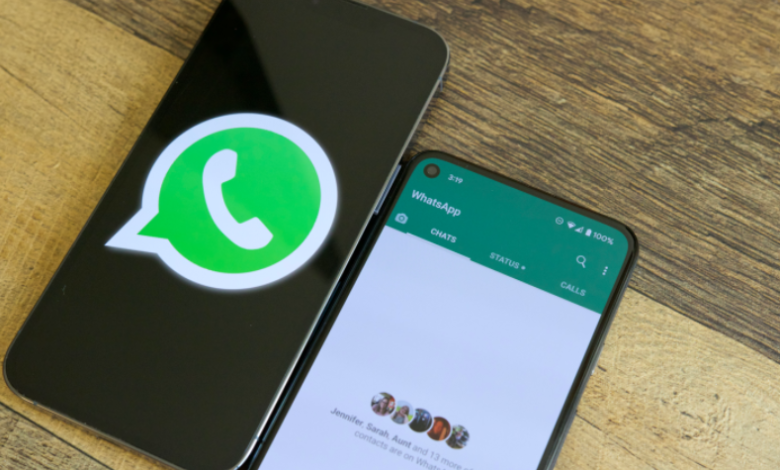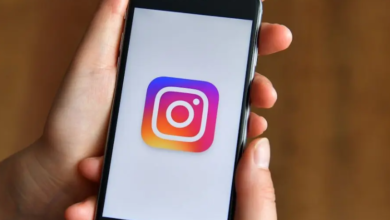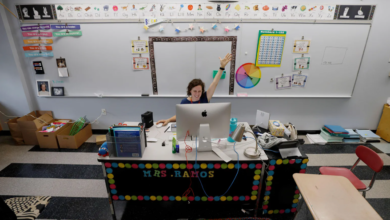The Power of a WhatsApp Page in Driving Social Change

In an age of digital media and the internet, it’s no longer enough to show up at mass protests and run a traditional media campaign to change the world. What you need to mobilize, educate and build a community are at your fingertips, part of an app you open every day. And one of them is WhatsApp. Considering WhatsApp often as a simple text messaging app for simple personal messages, the strategic use of a dedicated WhatsApp page (usually a Business API account or a well managed broadcast list) is changing the game at a global scale.
Towards personal communication and public mobilization: the evolution of a platform
As a medium intended to be used with one another, or small groups, WhatsApp was originally designed for mediums like one-on-one communication and small group video calling. The app’s feature set, based on encryption at the end of the video connection and media accessibility, is what makes it suitable not only for high-end events but also for inaccessible events. As compared with open social media platforms like Facebook and Twitter, in which algorithm-driven search and public scrutiny determine how visible an organization’s content is, a page on WhatsApp offers a more intimate, trustworthy, and direct method of reaching an audience. The shift from a personal tool to a model of public GoodPublic communications agencies began creating ‘Whatsapp phone numbers’, billed as their own official WhatsApp Web , which allowed activists and nonprofits to provide information and form a central space where their supporters could gather.
Building Trusted Communities in an Age of Information Overload
One of the major challenges in modern activism is to address the heightened pressure from the media and the stream of false information. Surely news feeds on social media are full of junk, and emails often go unread. A fully developed WhatsApp page can free itself from both by creating a sense of closed community. It is when people opt-in to receive messages from an organization’s WhatsApp page that they are sending them signals of trust and interest. It also builds a captive audience for the organization and is far more engaged with the messages it sends than a person scrolling through their social media feed. When messages get sent out through this means that it will be received and welcomed, making it a perfectly valid medium for building a movement from a foundation of authenticity.
The Multifaceted Utility of a WhatsApp Page in Action
There are many practical uses for a WhatsApp网页 in getting social change, and they vary widely by cause and context. Its utility is its flexibility. During crises and natural disasters, groups can communicate the right information about safety right away via their WhatsApp page and distribute aid with coordinated events and requests for a particular type of aid. And for health advocates, it serves as a tool to mobilize the community to ensure health warnings, vaccination drives, and access to comprehensive telemedicine services reaches children who otherwise would not have access to these kinds of info. For grassroots organizers, it also acts as a central point of contact: It coordinates volunteer rosters, it gives out messages about protests, and it provides legal help and other details discreetly. This versatile tool provides everyone with what they need to get their work done in today’s political climate.
See also: 5 Must-Try Ed Tech Tools for Students, Parents, and Teachers
Case Studies: Global Impact Powered by a Simple Chat Interface
Unlike the supposed theoretical usefulness of a page, the practical value of a WhatsApp page lies most fully in how well people are using it. Political activists in Brazil harnessed WhatsApp broadcast lists to join the country in spontaneous nationwide demonstrations against political corruption, sending out hundreds of thousands of messages and coordinating precise details and updates. In India in this time of the COVID-19 Pandemic, government departments,healthcare & educational institutes came up with official WhatsApp pages and groups to counter misinformation and misinformation and supply authentic verified data,health tips and answers to citizens quickly and on a scale never before thought possible on platforms that are not traditional news platforms. In South Africa, community police forums use dedicated WhatsApp网页 groups to tip off crime reports, share alerts of suspicious activity, and more effectively keep our streets safe in real time.
Navigating the Challenges: Misinformation and Scalability
While there are infinite ways a WhatsApp page can be used for good purposes, it’s not without its challenges: The closed-network design that fosters trust in its users can also empower the spread of bad information. As administrators on a successful, influential WhatsApp page, you need to scrutinize the text and image before broadcasting it to the whole community in order to maintain your credibility. Also, despite the ability to broadcast to recipients containing millions of messages as well as responding to queries, maintaining a list of thousands of recipients and answering queries all on your own is pretty laborious with the appropriate automation tools provided by the WhatsApp Business API.
Conclusion
The unassuming WhatsApp page has emerged to be a power to reckon with, in the sphere of social change. It goes beyond simply being a device for communication and becomes an online hearth where communities unite, trust is established and information that can be acted upon is exchanged directly and effectively. Its strength is not just in its reach, intimacy and access, serving global NGOs with equal efficacy as our local grassroots initiatives, or, in its deployment capacity to mobilize, educate and coordinate action at a phenomenal new speed and scale. And despite its potential for misuse, organizers who make the strategic choice to create a dedicated WhatsApp page now have at their disposal a modern, effective and ultimately human weapon to create the social change that is so needed in the world.







